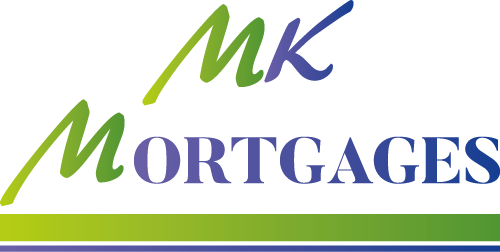Mortgage Frequently Asked Questions
How much can I borrow?
The amount you can borrow is based on your income, current credit commitments and the amount of deposit you have.
What deposit do I need?
A minimum deposit can be as low as 5%. Normally the minimum deposit is 10% however there is a reduction in the interest rates available once the deposit reaches 15%.
How much will a mortgage cost per month?
The cost of the mortgage is dictated by three things, amount borrowed, terms of the mortgage and the interest rate. A general rule is about one third of your total take home pay would be the maximum that most lenders would provide a mortgage for.
See our monthly repayment calculator here
What's the difference between a repayment mortgage and an interest only mortgage?
A repayment mortgage is guaranteed to pay off your mortgage by the end of the term as long as all payments have been made. An interest only mortgage your monthly payments will only pay the interest due so at the end of the term you still owe the same amount that you originally borrowed and would need to either sell your property to repay the mortgage or find the money to repay it from another source.
Can I use a guarantor for a mortgage?
Yes if your income is not enough to get the mortgage amount required then a close family member can act as a guarantor, the guarantor will need to prove that they can afford all of the mortgage in addition to any mortgage they may have of their own.
What insurance do I need for a mortgage?
The building itself needs to be insured plus life insurance is recommended along with Mortgage Payment Protection Insurance which is designed to pay your mortgage payments if you are either off work due to accident or sickness or lose your job due to redundancy. Independent whole of market quotes can be provided on request.
Can I move my mortgage to another company?
Yes, most of the mortgages that we transact are moving mortgages from one company to another.
What costs are there when buying a property?
- Stamp Duty: (a kind of tax) which is currently payable at the following percentages:
- Up to £125,000 – no stamp duty to pay
- £125,001-£250,000 – 2%
- £250,001-£925,000 – 5%
- £925,001-£1.5 million – 10%
- Over £1.5 million – 12%
- So, if you were to purchase a house for £300,000, you would pay no stamp duty on the first £125,000, 2% on the next £125,000 and 5% on the final £50,000.
- This would be calculated as follows:
- £125,000 at 2% = £2,500 plus £50,000 at 5% = £2,500
- Total Stamp Duty bill would be £5,000
- This would be calculated as follows:
- Solicitor’s fees: which are also based on the purchase price, a quotation can be provided on request; a typical first time buyer will pay between £500.00 and £1,000
- Valuation fee: which is also based on the purchase price and varies from lender to lender and are sometimes free to First Time Buyers
- Lenders arrangement fees: which can usually be added to the mortgage if required and average about £999.00
Can I pay my mortgage off early?
Yes you can but beware of early repayment penalties if you’ve only had your current mortgage for a short time.
Can I make overpayments to pay off my mortgage quicker?
Yes, normally you are allowed to pay off up to 10 percent of the balance in any one year without incurring any penalties.
Can I have more than one mortgage?
You can normally only have one residential mortgage but you are able to get another buy-to-let mortgage.
What is a Buy to Let mortgage?
A buy to Let mortgage is where you a buy another property specifically as an investment with the intention of renting it out and as long as the rent covers the mortgage payments due by a certain amount the mortgage is agreed based on the rent and not your own income.
How much deposit do I need for a Buy to Let mortgage?
Normally a minimum of 25% deposit is needed for a Buy to Let mortgage.
Is there any tax to pay when I sell my property?
No, not for your main residence but Buy to Let properties will be subject to Capital Gains Tax.
What is a credit score?
This is a score that we all have based on various things about the way we have managed our finances over the preceding six years and is used by financial services companies to assess our worthiness to obtain credit.
How can I improve my credit score?
You can improve your credit score by proving that you can cope with all your various credit commitments such as loans and credit card payments and by paying things like mobile phone bills and utility bills on time. Being on the electoral role also helps.
